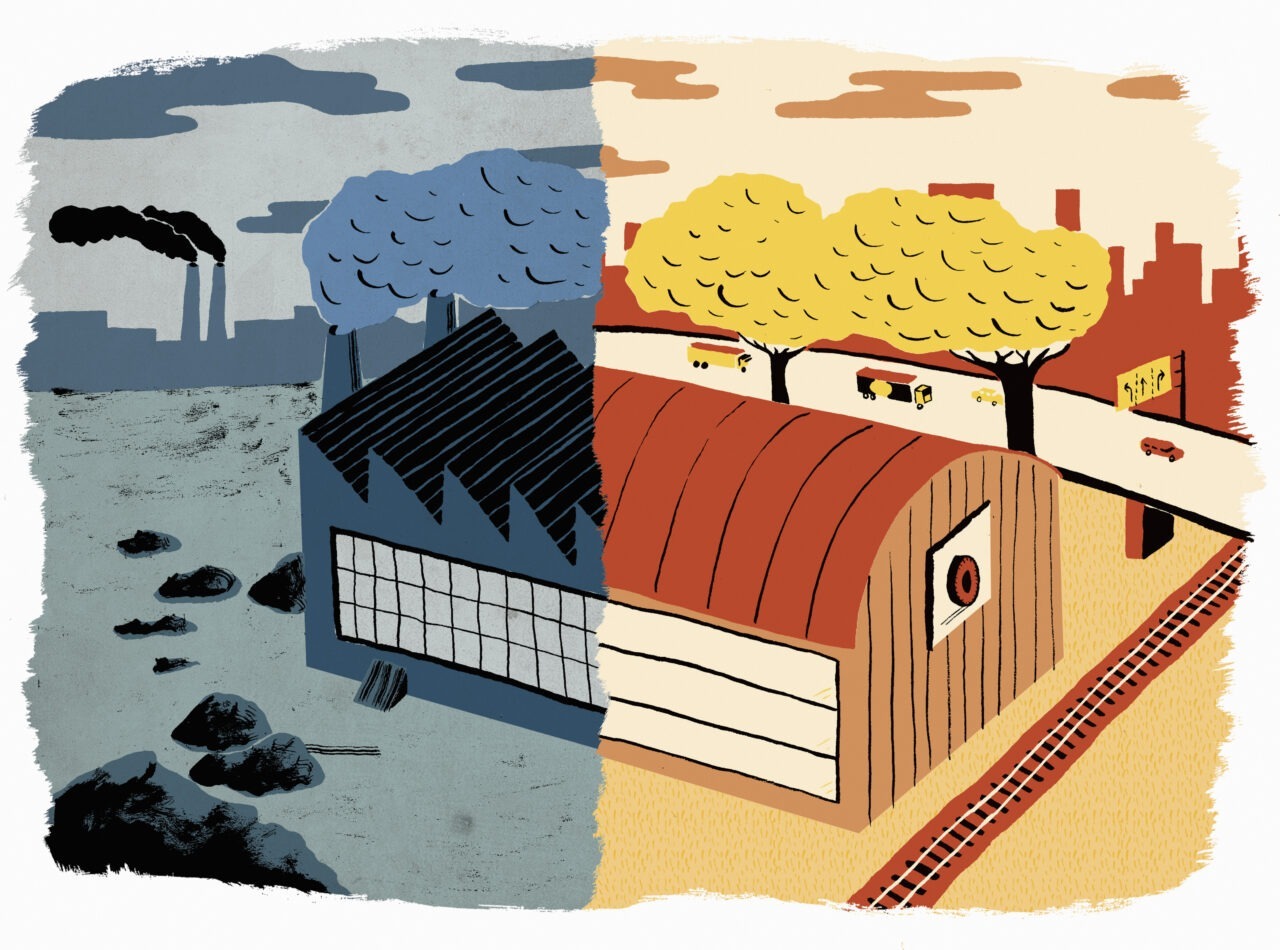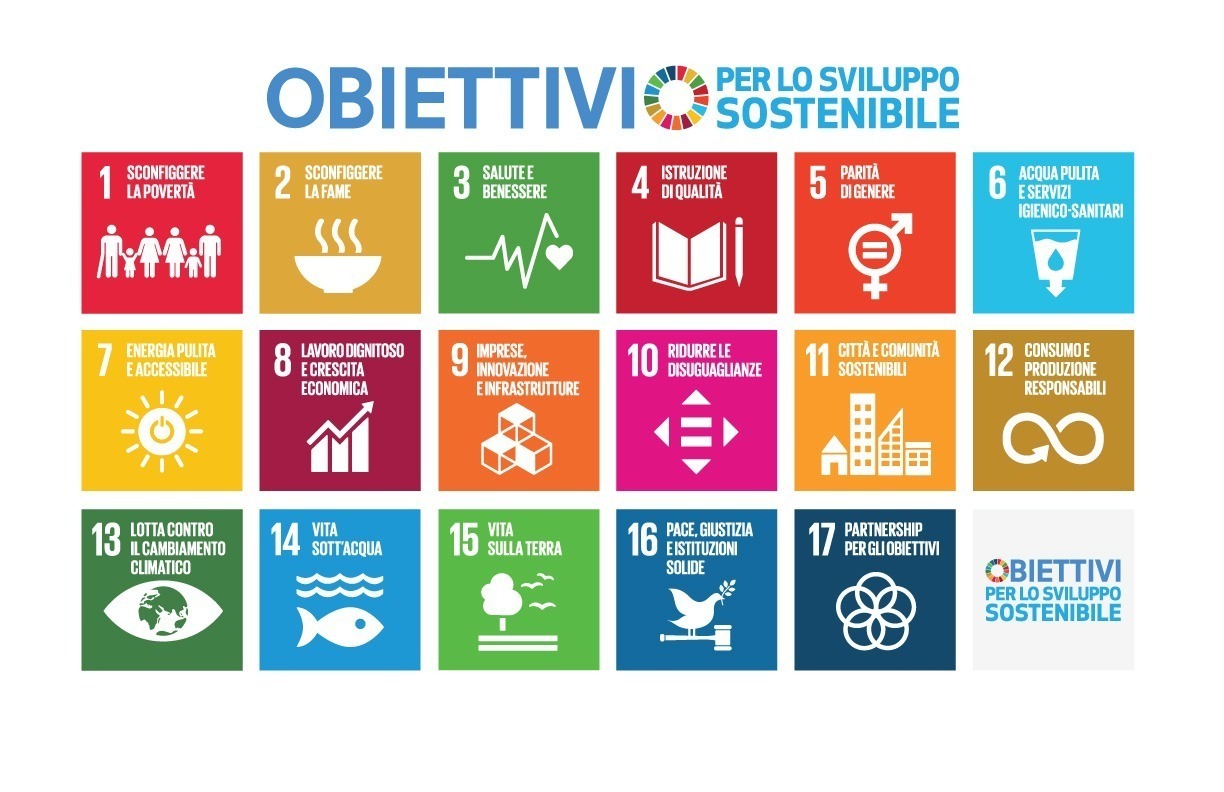
What are the motivations that can drive a family business to be environmentally aware? Why does a company choose to be sustainable, to produce with an eye on the territory and the community? The question is not obvious, and neither is the answer. On the contrary, identifying the motivations behind this virtuous behaviour could be useful in providing other companies with pointers on how to fit in the wake of sustainable development.
A group of researchers from theAXES research unit (Laboratory for the Analysis of Complex Economic Systems) of the IMT School for Advanced Studies Lucca and the London Metropolitan University conducted a study precisely to analyze the motivations that drive a family business to pursue the seventeen goals ofAgenda 2030, the action programme signed in September 2015 by 193 member countries of the United Nations (UN) to reconcile economic development with respect for the environment and the pursuit of social equality.
The study, published in the scientific journal Journal of Cleaner Production, looked at a single case study, that of the multinational industrial group EPTA, a Milan-based family business specialized in the production and sale of commercial refrigeration systems. EPTA was selected for this research among the companies that have signed the Family Business Sustainability Pledge, an initiative promoted by the UN that aims to mobilize family businesses to incorporate sustainability into their business strategies. Although the case study concerns a single company, it is possible that other companies are driven by the same motivations. We talked about this with Alessia Patuelli, a researcher in business economics at the IMT School and the first author of the research.
So, what drives this family business to commit to sustainability?
The family member we interviewed and who is on the board of directors told us: "My parents went to war and taught us the value of saving, the value of caring for the community and the environment." What seems to motivate the company are the values of the current family, i.e. the values of the individual members of the family who are part of the governance, which tie in with those of the previous generation, translating into a strong interest in environmental and social sustainability activities. When the Sustainable Development Goals of the 2030 Agenda were formalized in 2015, they became a kind of legitimation and further impetus, making family values intersect with the values linked to the goals, and pushing further in well-defined directions.

How does this company try to be sustainable?
The interviewees told us about the company's focus on people and the environment. This translates into concrete actions aimed at the community and the territory, such as initiatives in schools to transmit practical skills to young people to use in the world of work, or donations and collaborations with the Italian Environmental Fund (FAI) for the maintenance and restoration of cultural heritage. A family rooted in the territory has strong social connections and a solid attachment to places. The family business becomes part of you, and it becomes spontaneous to promote activities in favour of the community and that environment. It is as if the family's safety net is extended to everything around it, including employees. In particular, these sustainability values and goals originate with the family, which is part of the company's governing body, and then descend throughout the company. In fact, even managers and employees outside the family feel the values and drives for sustainability, and make them their own, independently taking initiatives for sustainability-oriented activities at all levels.

Why the focus on family business?
There were no articles in the scientific literature linking family business with the UN Sustainable Development Goals. The studies on business and the SDGs are very recent, so this was a very new and, in our opinion, interesting field of research to study. Indeed, the literature on family businesses shows that this type of business is different from non-family businesses. Like any family, family businesses are very different: unique synergies can arise between business and family, for better or for worse. Usually, the presence of the family leads to a greater orientation of the company towards social responsibility, and thus also towards the SDGs. In the 1950s, the concept of corporate social responsibility was formalized, with the idea that the company should be responsible not only for its shareholders but also for the environment and the community around it. The UN sustainability goals are an evolution of a trend already present in different types of companies, directing this responsibility along seventeen specific paths. Since there are so many family businesses in the world and in Italy - 70-80 per cent of European companies and 85 per cent of Italian companies are family-owned - understanding why and how one company is driven to pursue these goals can give an indication of why others do too.
Even if limited to a single case, can your study help support the focus of institutions and companies on sustainability?
That is exactly what we aim to do. Despite the limitations of the case study, what we advocate and what emerges from the interviews is that corporate sustainability stems from the family values that individuals learn from an early age. To create sustainable companies it is not only necessary to give incentives, but to start from school, that is, from values in education. In the case we studied, these values come from the family, but they can still be absorbed as children, at school or in other activities. Finally, our study wants to give a cue to policymakers: the values learnt as children are the same values that are later, as adults, brought to the boards of companies, and translated into reality. Schools, in this sense, can do a lot.
Marco Maria Grande